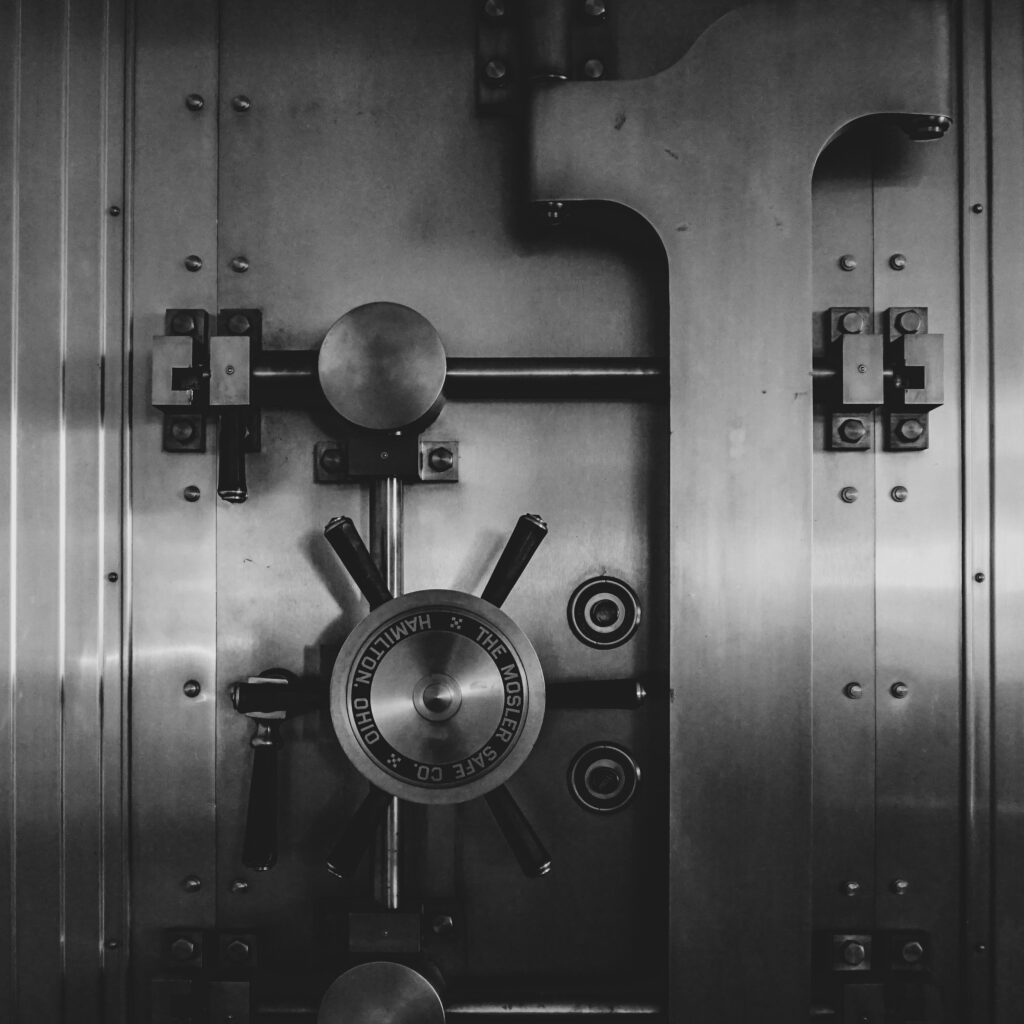Throughout our experience at PFS, clients have periodically undertaken to sort through accumulated paperwork and personal documents, and they often ask for guidance on which documents should be retained and which can be shredded. Last month, we offered some general guidance in Part 1 of this article on which documents to keep and for how long. In Part 2 below, we address the related question of where best to keep them.
Physical vs. Electronic Copies. The first key question in developing a strategy for document storage is whether to save documents in hard copy or electronically. The following documents should always be kept in hard copy:
For most other documents, however, you can keep electronic copies instead to reduce clutter and avoid other potential hazards. Even the IRS permits electronic storage of tax returns and supporting documents as long as the files are legible and provide a complete and accurate record of your data.

Considerations for Hard Copy Storage. The main threats to safely storing hard copies of important documents in your home are: fire, water damage, or theft. To guard against these, some choose to 1) buy a fireproof and waterproof safe, or 2) hold documents in a safety deposit box at a bank. These are both reasonable options but have some limitations as well. First, if you use a safe, you must ensure that close family members and/or a close friend knows the code and could access it if something happens to you. Second, note that even if a thief cannot break the combination on the safe, thieves sometimes just take the safe with them (if they are not prohibitively heavy) to crack at a later time.
For a safety deposit box, again you should consider whether loved ones could access it if you passed away or became disabled. Rules on who can access it differ by state, but generally you want to ensure that your will and power of attorney documents are stored elsewhere, so that your power of attorney or executor could prove that they have authority to access the safety deposit box if need be. (Estate planning offices often keep a copy of estate documents that their attorneys draft for clients, but you would ideally hold a copy at home and with a loved one as well.) Also, be mindful not to store any documents in the safety deposit box that you may need on short notice since you will be limited to the rules and hours of operation of the bank. This could be particularly significant during the pandemic if banks restrict in-person services at any point.
A safe and a safety deposit box are relatively inexpensive ways to guard against the threats to safe storage of documents in your home. Just be sure to consider the drawbacks as well and take steps to ensure that they do not hinder the ability of you or your loved ones to access your personal documents as needed.
Considerations for Digital Storage. For electronic documents, the main threat to safe storage is losing the files or having them compromised due to breakdown of your storage device or malicious activity. For the first risk, the answer is redundancy. In other words, save the files in more than one place. Not just on your computer’s hard drive, an external hard drive, or a cloud-based storage service (such as Dropbox, Google Drive or Microsoft OneDrive), but rather at least two of these options. To protect against the risk of hackers accessing your personal information, use password protection or encryption on all of the files that you save. If you store important documents electronically though, again ensure that one or more loved ones know how to access them in case of emergency. Cloud-based storage services may make it easier to share access to your documents with loved ones. Just be sure to communicate (not via email!) the password or digital key for opening the documents.
As with many aspects of personal finance, a crucial part of storing personal documents in a safe and organized fashion is to have a strategy and be consistent in implementing it. If you have specific questions about either of our blog posts on this topic and how they apply to you, please do not hesitate to contact us. And remember, we have a professional shredder if any clients need or want to come use it!
If you have any questions about your financial future, we're here to help. Please use this form or feel free to call or e-mail us.
(703) 385-0870

